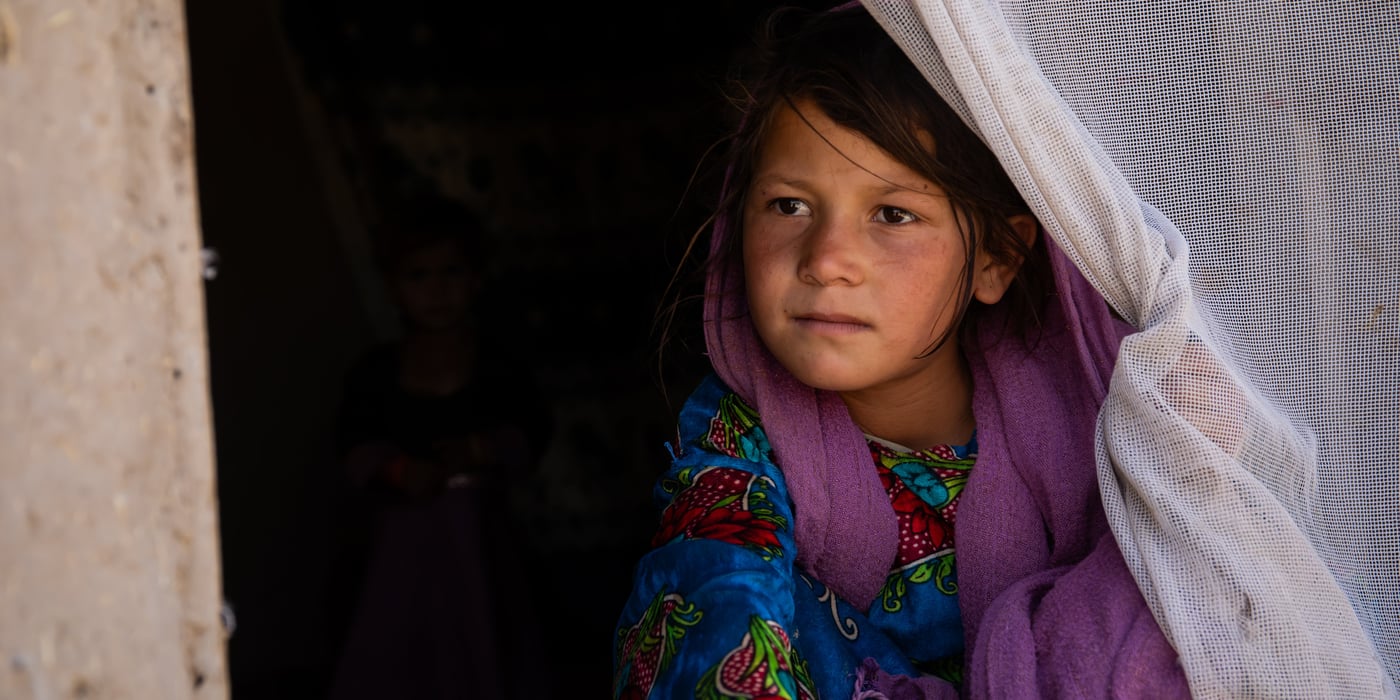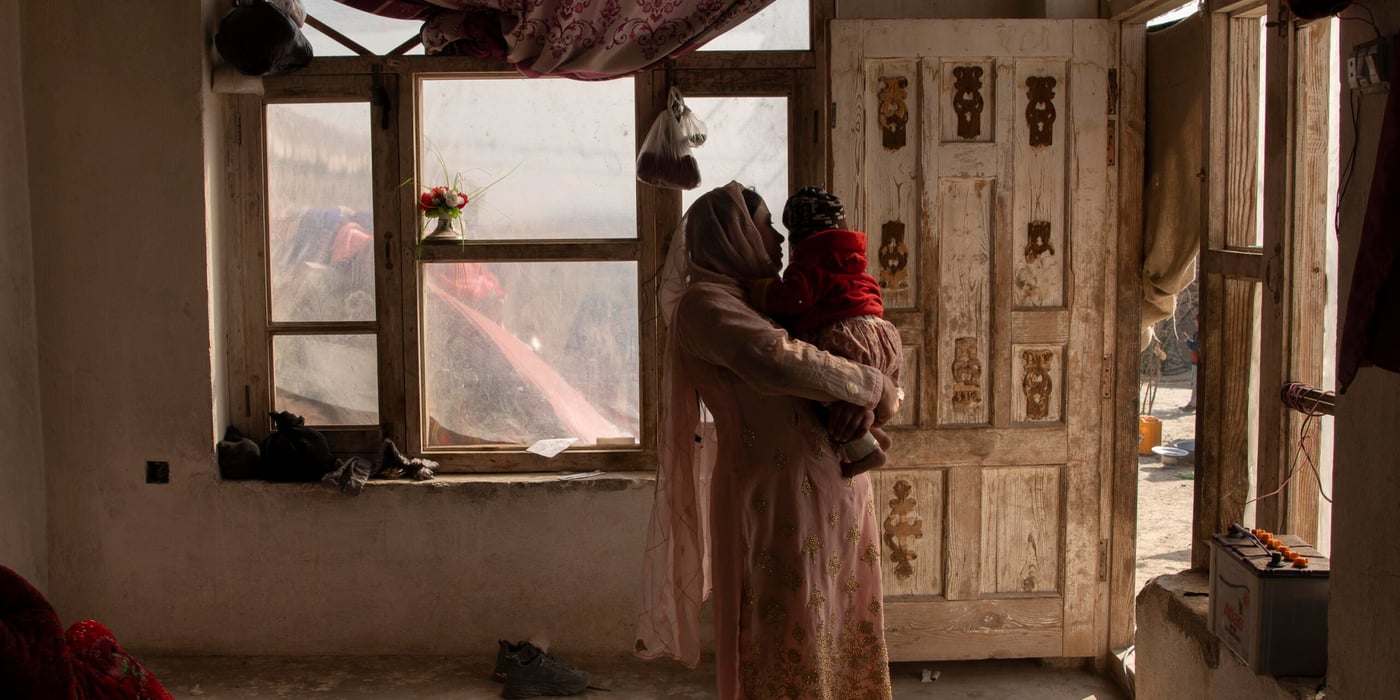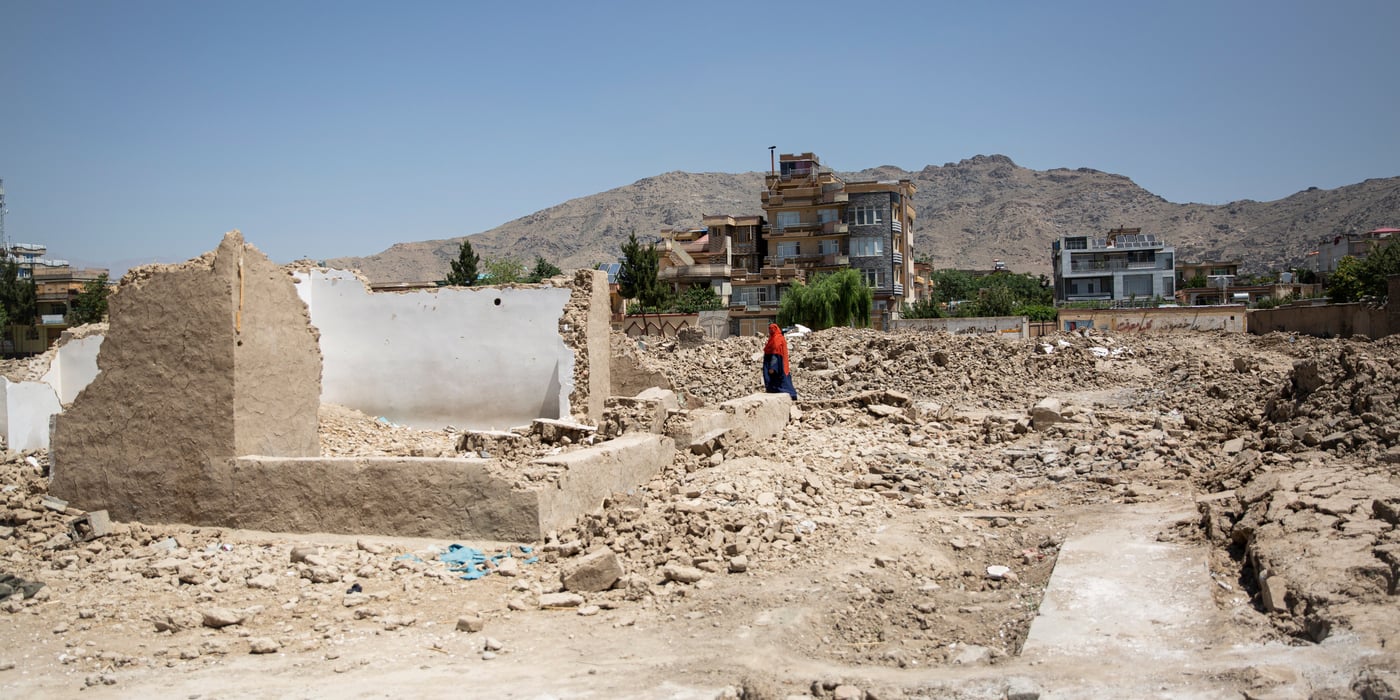
“We are concerned that without proper registration documents Afghan refugees are unprotected,” said Kate O'Rourke, Country Director for the Norwegian Refugee Council (NRC) in Afghanistan.
In 2016, over 225,000 unregistered Afghan refugees returned from Pakistan. The number of people returning fell between December 2016 and March 2017, with less than 150 unregistered Afghans on average returning each day. However, since the end of March, the numbers have increased sharply.
“Unregistered Afghan refugees are now again returning from Pakistan in concerningly high numbers. Families are telling us that without registration documents they felt forced to leave,” said O’Rourke.
“I only have my late father’s national identity document, which is now 60 years old. I don’t have land. I don’t have a house. I only have children. If anyone even puts a tent on a mountain, we will live there. If not, only Allah will protect us,” said Rustam, an unregistered refugee returning from Pakistan to Afghanistan.
Because these people have not been formally registered as refugees in Pakistan, they do not have access to the same support as registered refugees when they return to Afghanistan.
“Without documentation proving their refugee status, they had limited protection in Pakistan. Now, when they report feeling forced to return to Afghanistan, they are again being deprived of sufficient support because they lack the right piece of paper”, said O´Rourke.
Many Afghans who are now returning, originally sought refuge in Pakistan during the 1980s Soviet-era conflict. They state that there were endemic problems hindering their formal refugee registration.
“They gave registration cards to some people, but they were asking for too much money. That’s why we couldn’t receive a Proof of Registration card. We were not able to afford it,” said Kimia Gul, an unregistered refugee who returned to Afghanistan at the beginning of April.
Many returnees are uninformed or even misinformed about the conditions they are returning to, and many explain that they did not feel like they had a choice. They cite increased harassment, detention of family members, inter-communal tensions, threats of eviction or actual evictions, as reasons to why they returned, as outlined in the Human Rights Watch report ‘Pakistan Coercion, UN Complicity’.
“The international response to this protection failure is not sufficient: Without refugee status, unregistered Afghan refugees are largely unprotected. As a result, many now report that they are returning involuntarily, to an uncertain future, in a country struggling with escalating conflict and widespread poverty,” said O’Rourke.
“The governments of Pakistan and Afghanistan, as well as the international community, must ensure that Afghan refugees—whether they are registered or unregistered—are protected and fairly treated on both sides of the border."
- Over 2016, approximately 380,000 registered and 225,000 unregistered refugees returned to Afghanistan from Pakistan, the vast majority between July and December 2016.
- For the unregistered Afghan refugees, humanitarian assistance is limited and humanitarian protection nearly non-existent.
- The security situation continues to deteriorate in Afghanistan. US authorities report that at least 30% of the country is not under the control of the formal government, and over 600,000 Afghans were newly displaced within the country due to conflict over 2016; a large increase compared to previous years. Approximately a quarter of the internally displaced are not in government-held areas.
- The report “Pakistan Coercion, UN Complicity: The Mass Forced Return of Afghan Refugees” by Human Rights Watch released in February 2017 concluded that many refugees in Pakistan were left with no choice but to return to Afghanistan.
- NRC in 2016 distributed over 950 tents to unregistered refugee returnees who were living in ‘open shelter’ conditions in eastern Afghanistan, and erected over 1,100 transitional shelters. NRC also established over 120 temporary learning spaces for Education in Emergency to returnee children. In total, NRC rapidly scaled up to assist over 35,000 unregistered women, girls, boys and men who had returned, thanks to financial support from Sida, NMFA, the Common Humanitarian Fund, and ECHO.
- In total, over 2016, NRC directly assisted 300,000 displaced persons through its wider programme in Afghanistan.




